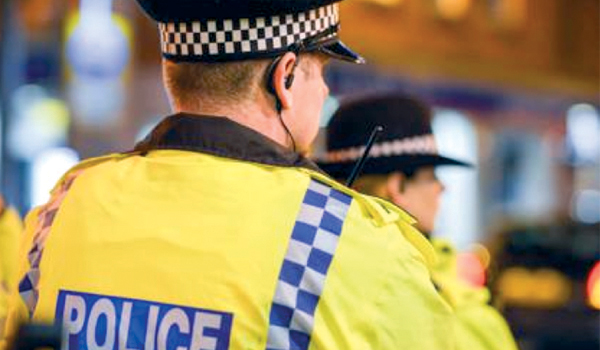Significant rise in mental health incidents over past five years, police say
Police responding to mental health incidents have seen cases increase by up to five times over the past five years in some parts of the UK, according to a report.
Some 21 forces out of 48 in England, Scotland and Wales answered a BBC Freedom of Information request – and each recorded a rise since 2017.
In Merseyside, mental health-related incidents climbed from 7,629 in 2017 to 28,039 last year – a 313 per cent increase.
North Wales saw the largest proportional rise, responding to more than five times as many incidents in 2022 – 3,910 compared with 781 in 2017 – according to figures obtained by BBC Two’s Newsnight.
Gloucestershire Constabulary saw the lowest rise, with an increase of 16 per cent over the same five-year period – from 6,737 incidents to 7,369.
It is not clear how the data was collected by individual forces and whether the definition of mental health incidents differed between respondents or changed over the five years.
The College of Policing defines a mental health incident as “any police incident thought to relate to someone’s mental health where their vulnerability is at the centre of the incident”.
Some police chiefs attribute the rise to a growing perception of police as the first resort for people in crisis, as well as a lack of community resources to deal with mounting mental health demands, according to the BBC’s research.
Metropolitan Police Service Commissioner Sir Mark Rowley said last November that officers were “spending too much time doing social and health work”.
Writing in The Telegraph, he said: “You may be shocked to learn that for every mental health patient we help, two officers spend an average of 14 hours in total waiting with them in A&E, while the NHS sorts out its response.
“Most alarmingly, our usage of Section 136 under the Mental Health Act has increased by 450 per cent since 2013.”


